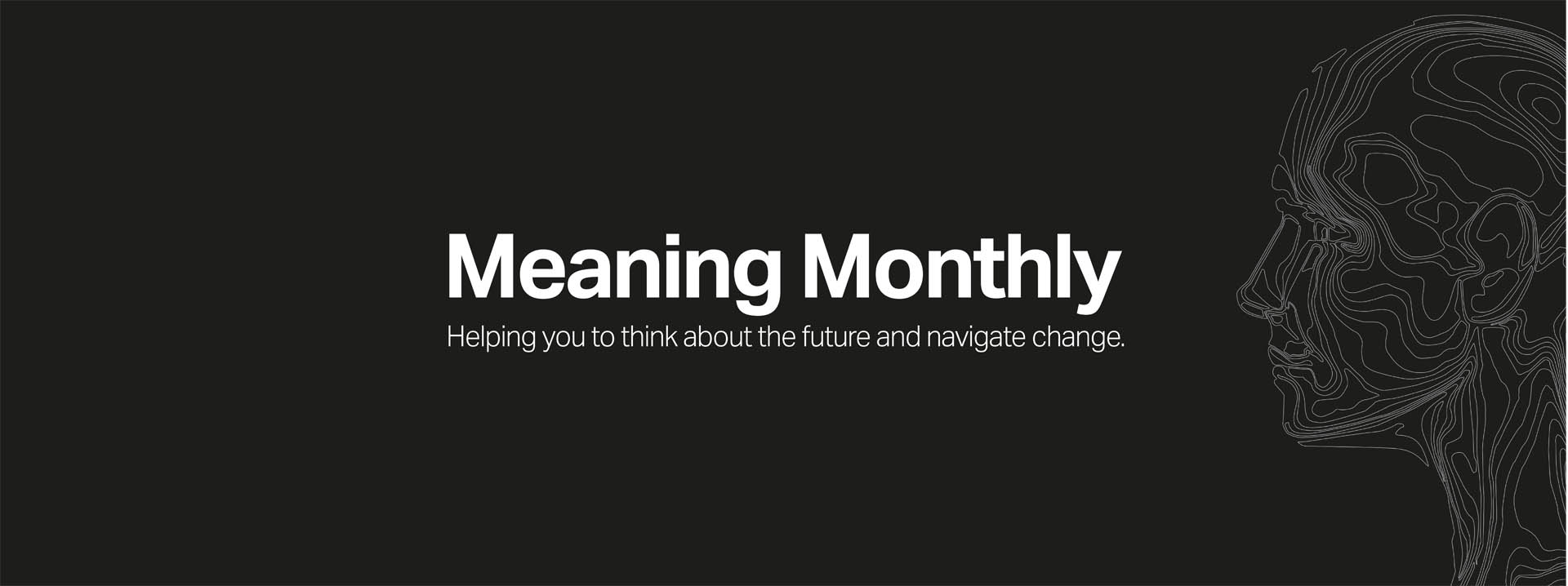
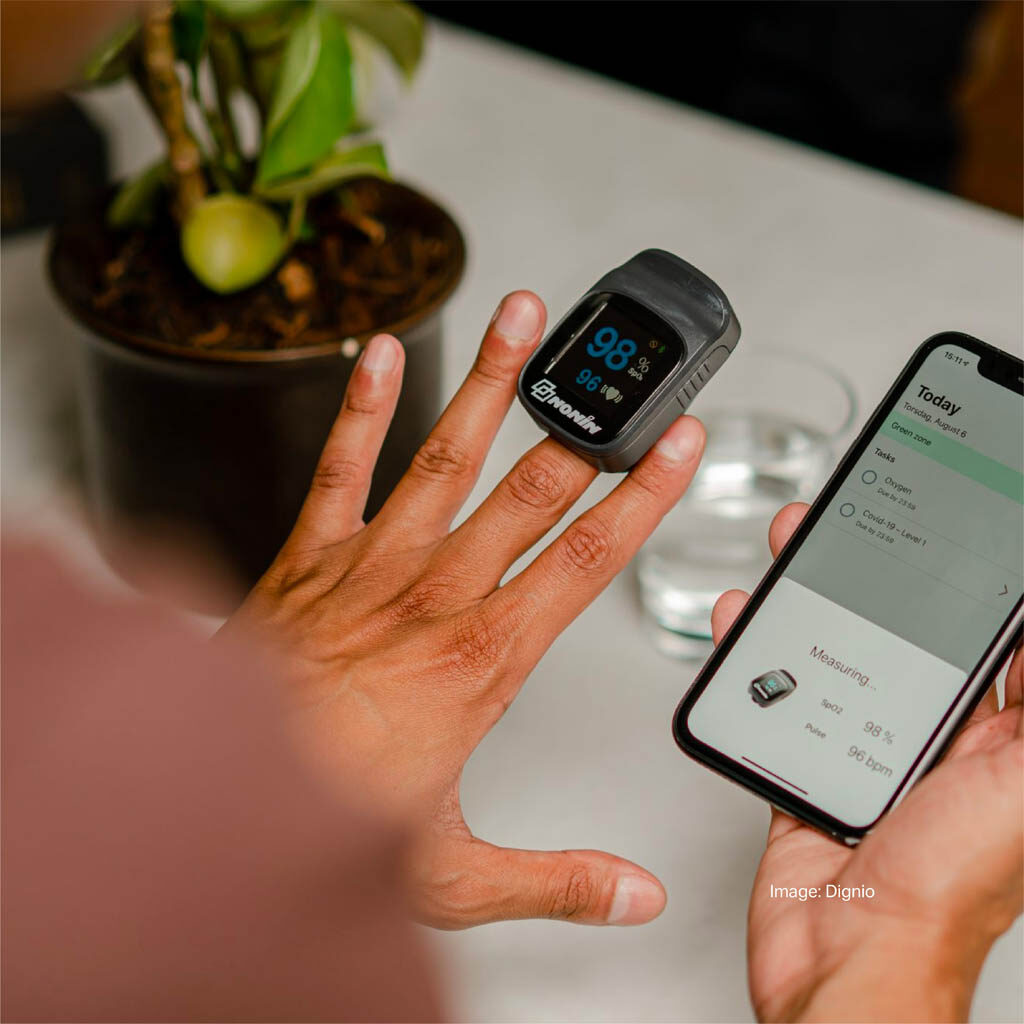
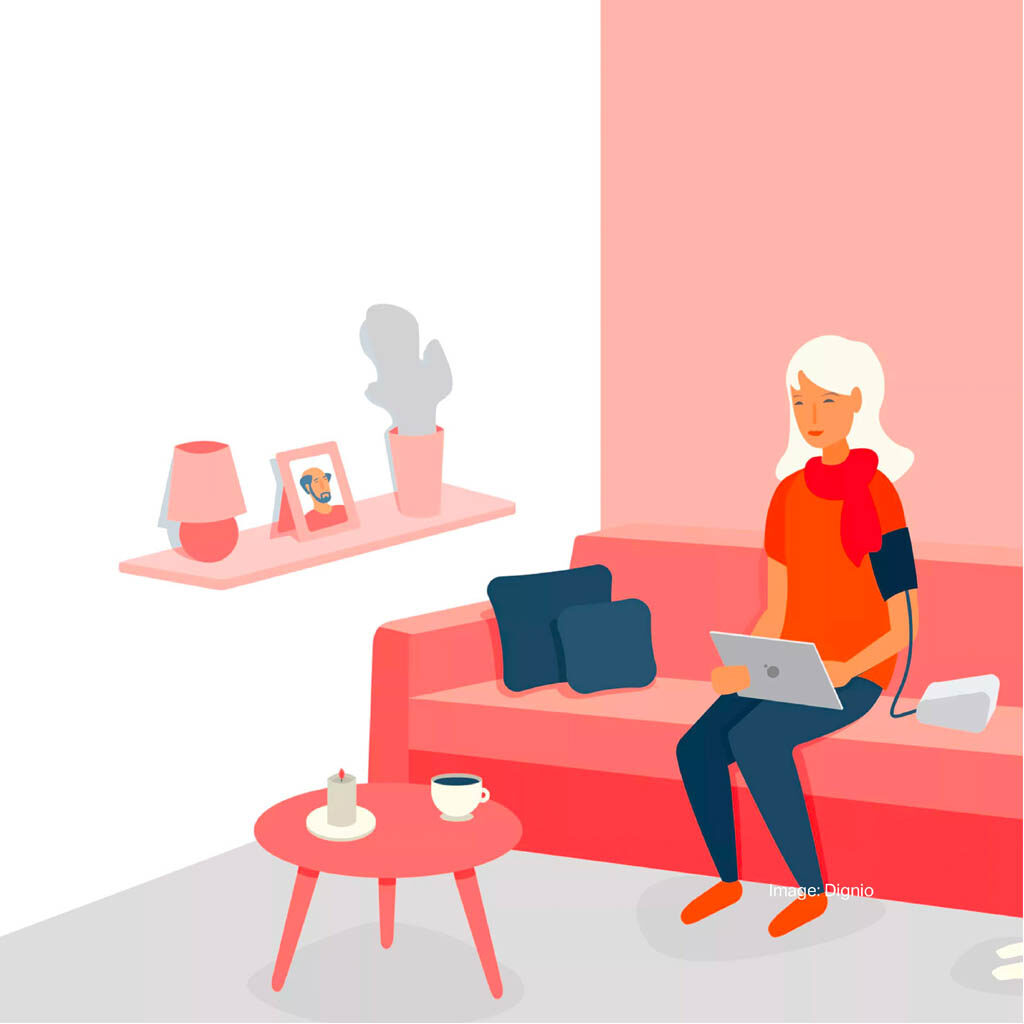
As life expectancies continue to rise within the Western world, new digital care typologies are helping us to navigate the challenges that come with an ageing society.
Dignio is a care system that allows healthcare professionals to care for their patients remotely. Using Dignio’s intuitive app, combined with their specialist measuring tools - such as smart scales and wearable devices that detect oxygen saturation - patients are able to track their health at home. This data is then fed back to the doctor, alongside any symptoms or side effects the patient reports, giving the doctor greater insight into the patient’s health and wellbeing.
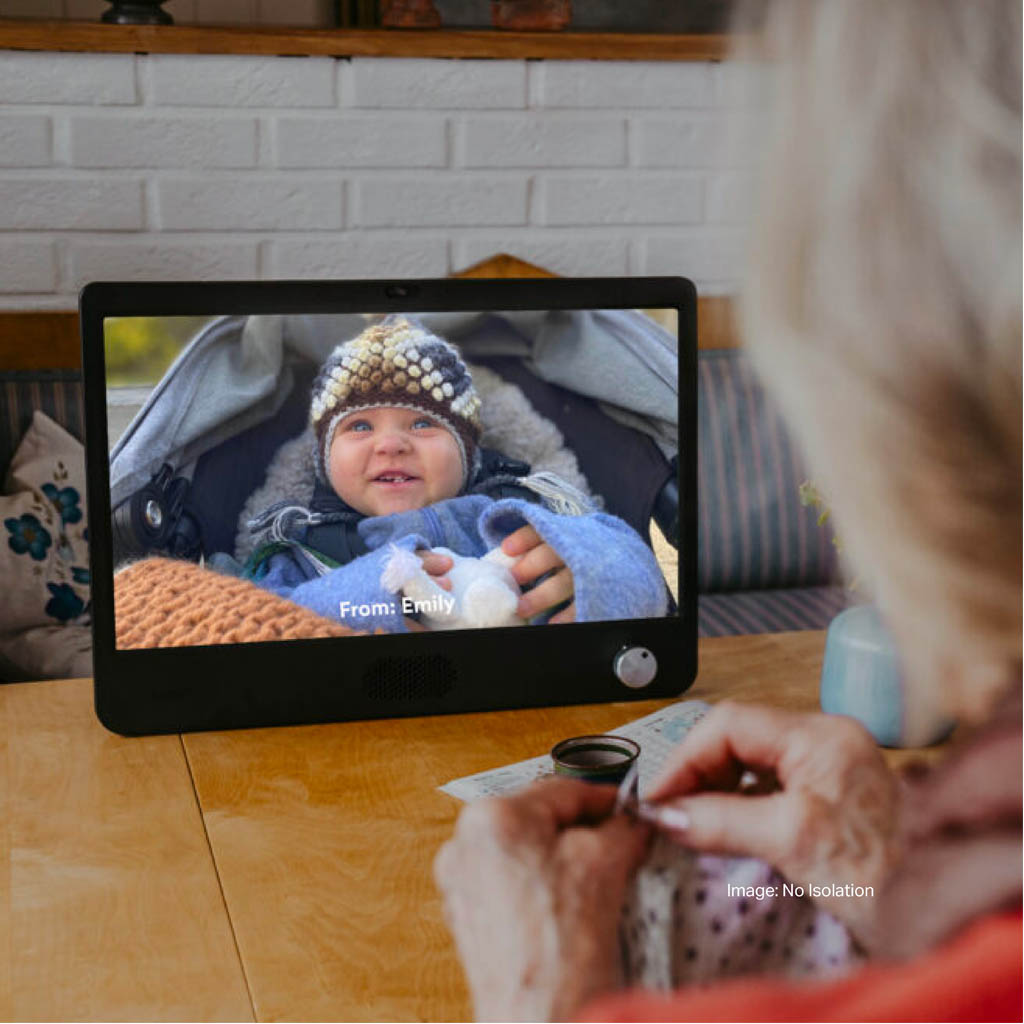
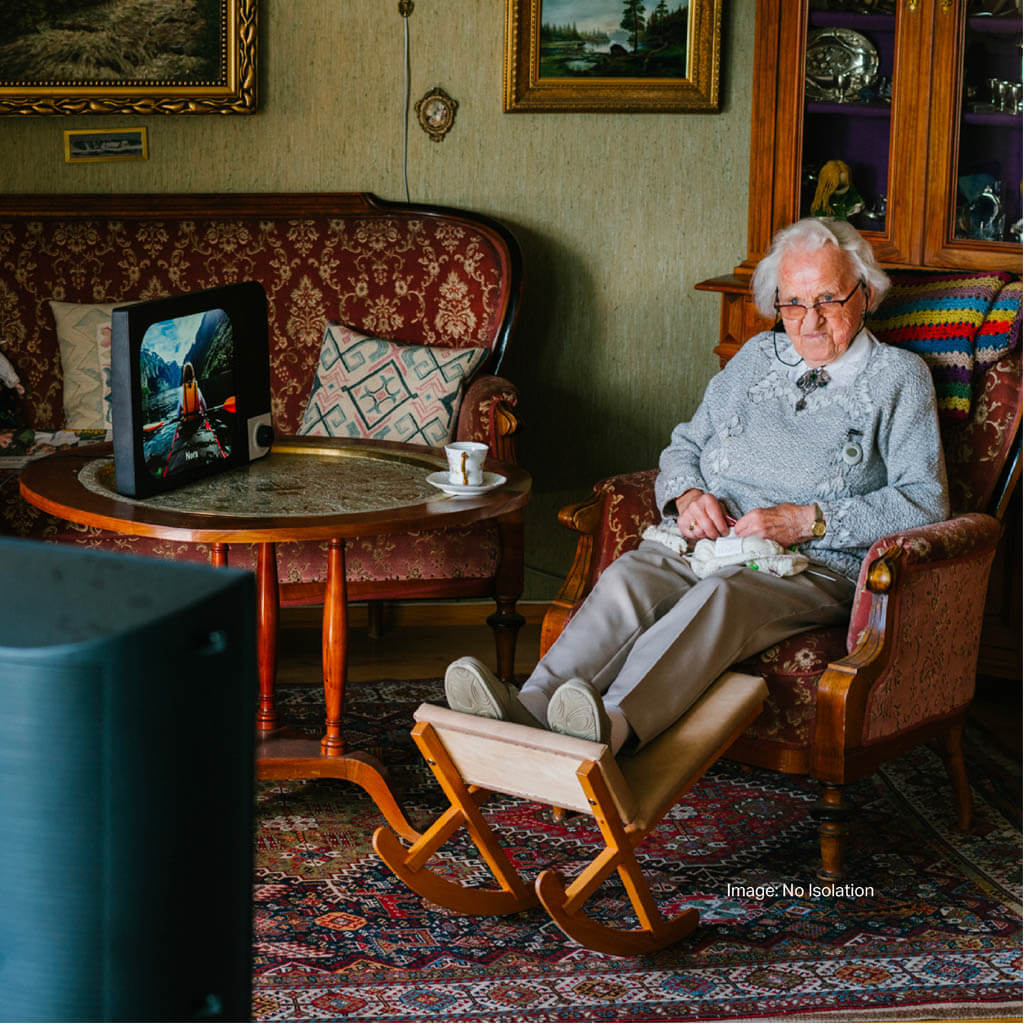
Komp is a one-button computer specially designed to help those who struggle with technology to keep in touch with friends and family. The standalone screen, which resembles an old-fashioned TV, allows the user to easily call, message, or share images with their family - a process made as simple as possible via the easy to use app.
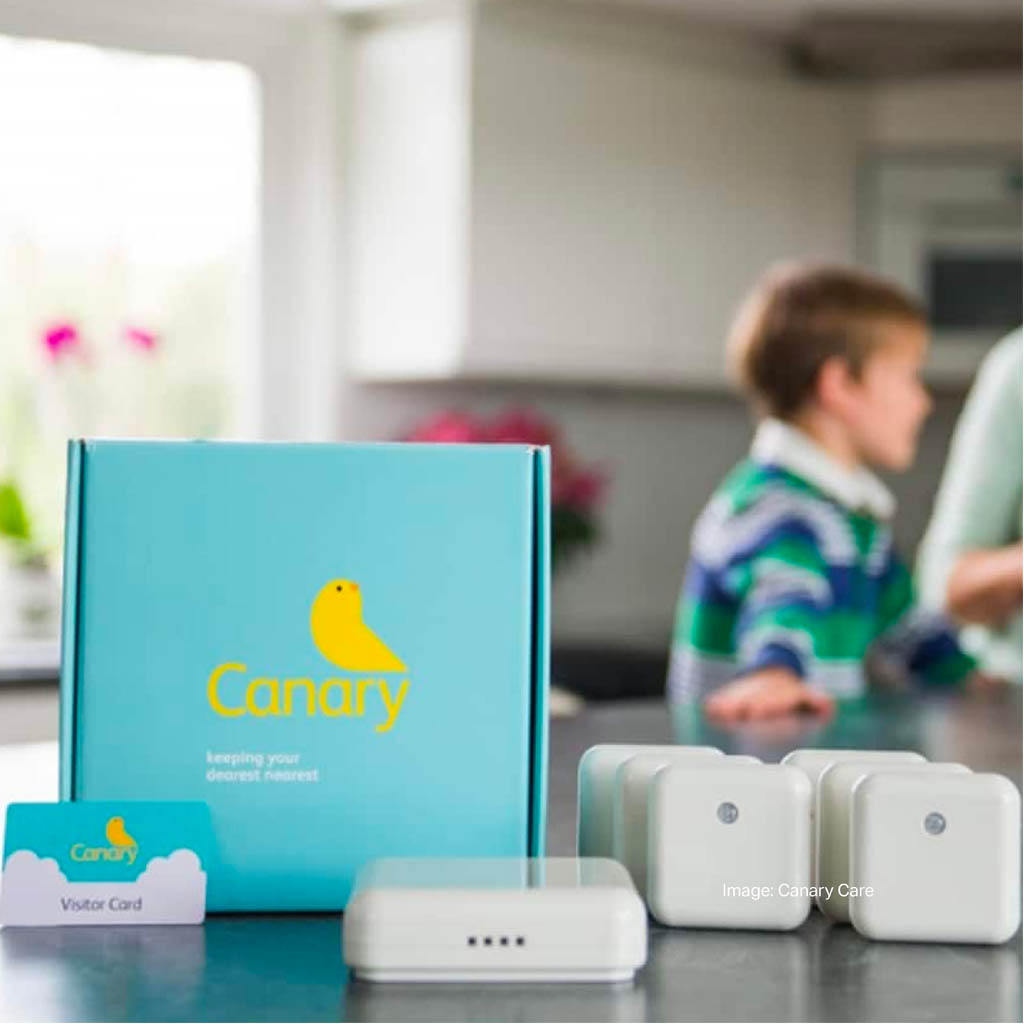
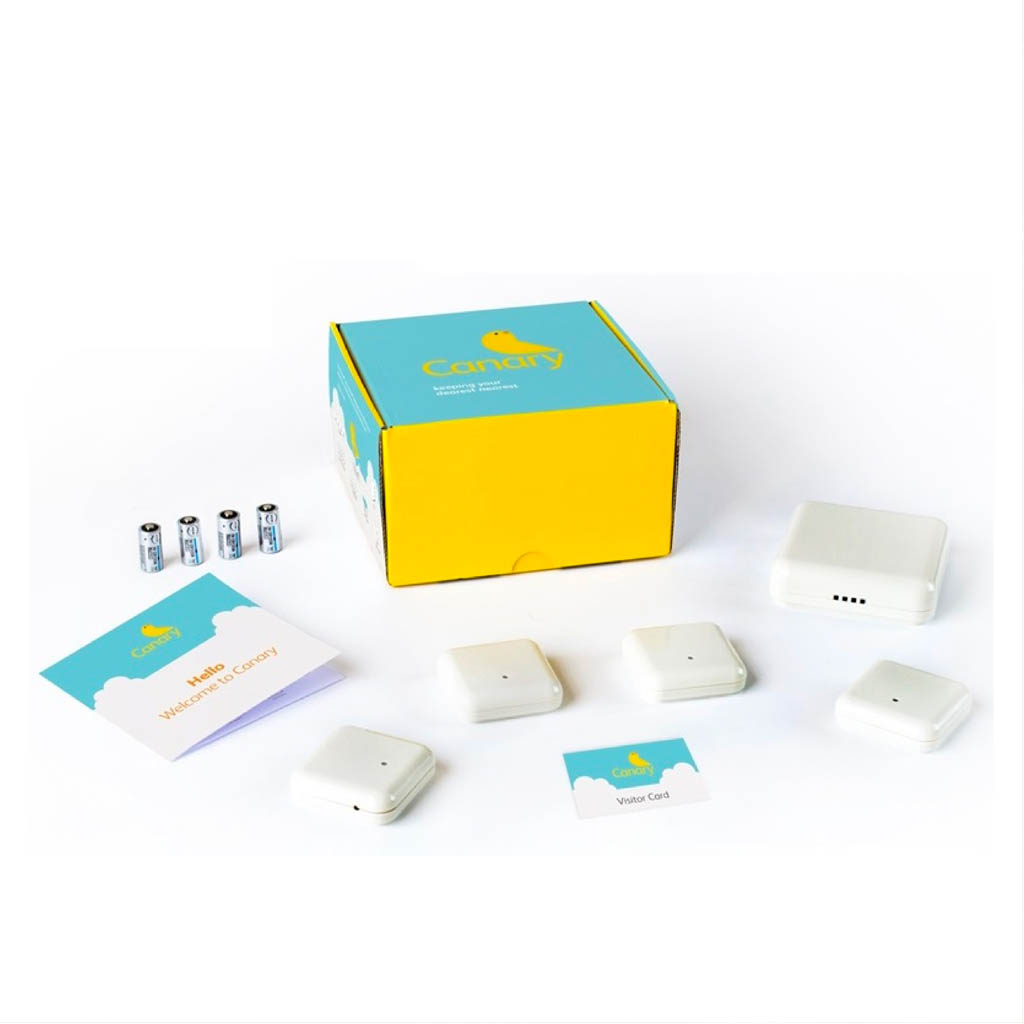
Canary Care is a health monitoring system designed to maximise the time an individual is able to live independently, by allowing their family to check in from afar. The discreet kit consists of magnets and motion sensors which can monitor movement, routines and sleep patterns.
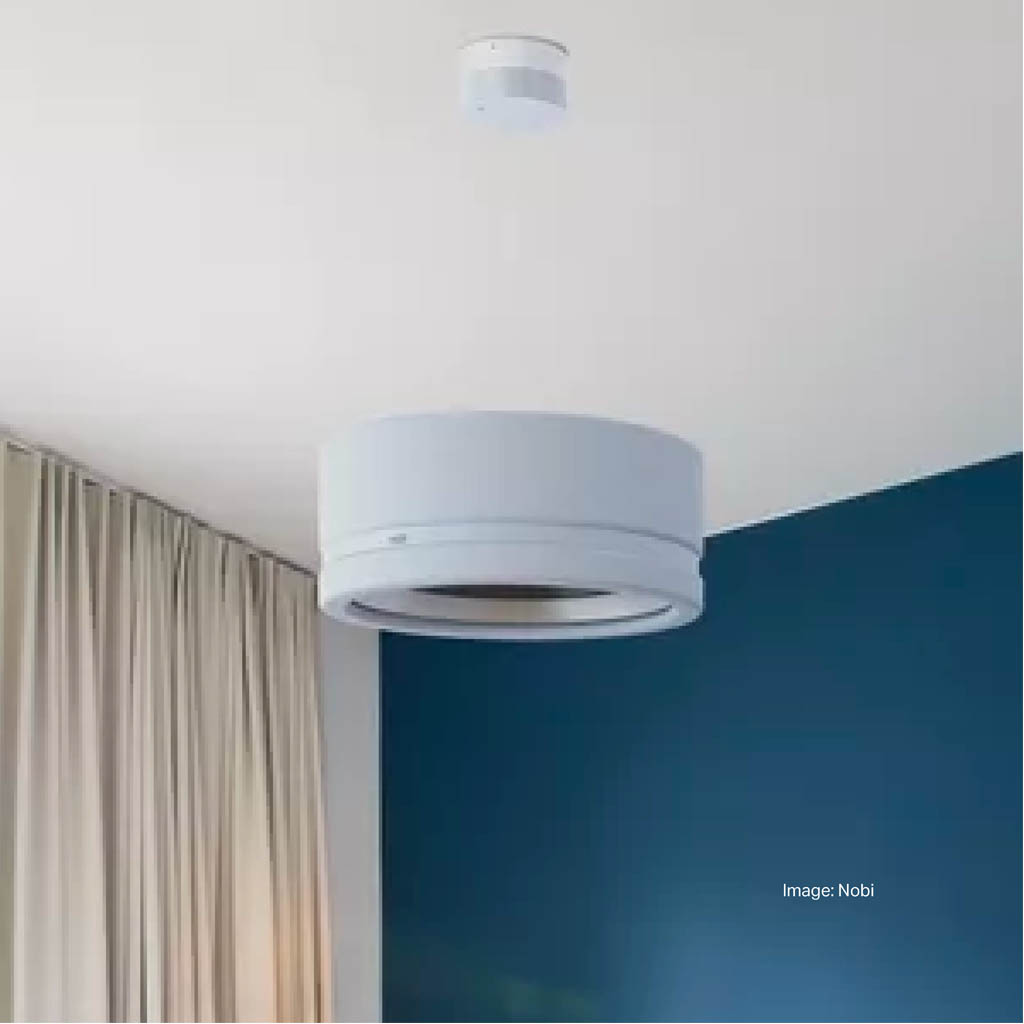
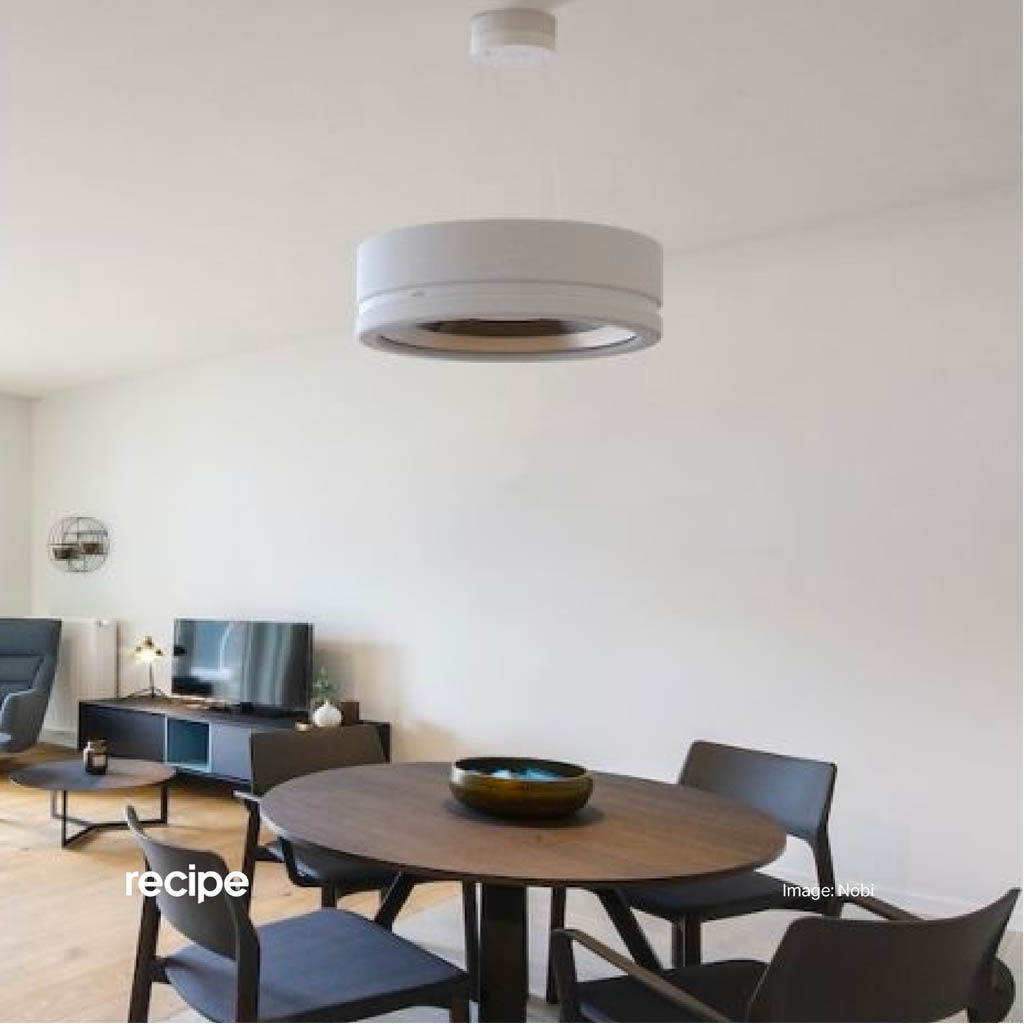
Ageing societies present an array of challenges within the home. To tackle this, companies are creating innovative and subtle solutions that promote ageing in place, without sacrificing the ambience of home environments.
Designed to prevent and detect falls at home, Nobi lamps hope to help people live independently for longer. The devices, which mimic modern lampshades, assist users by automatically turning on lights when motion is detected. If the user falls, Nobi asks if they are OK and if there is no response it alerts a pre-determined list of caregivers and family members.
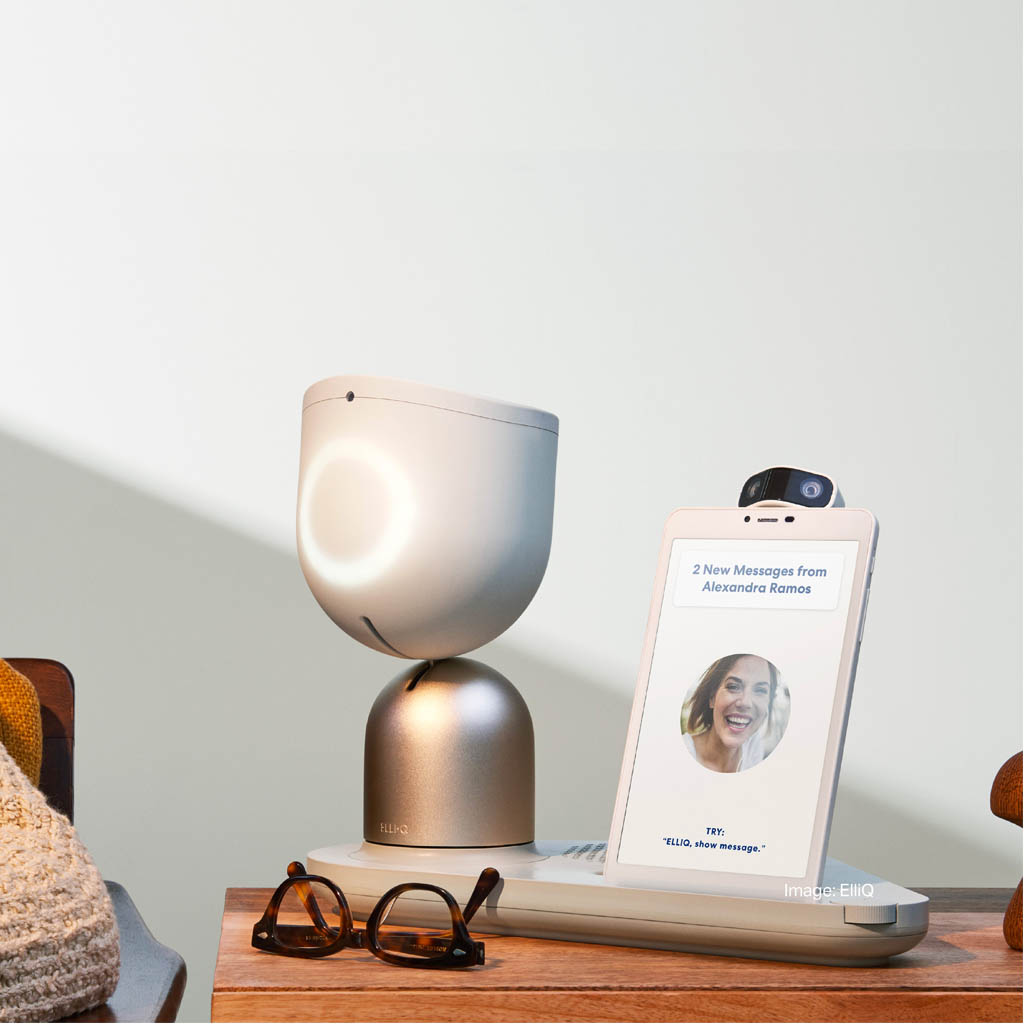
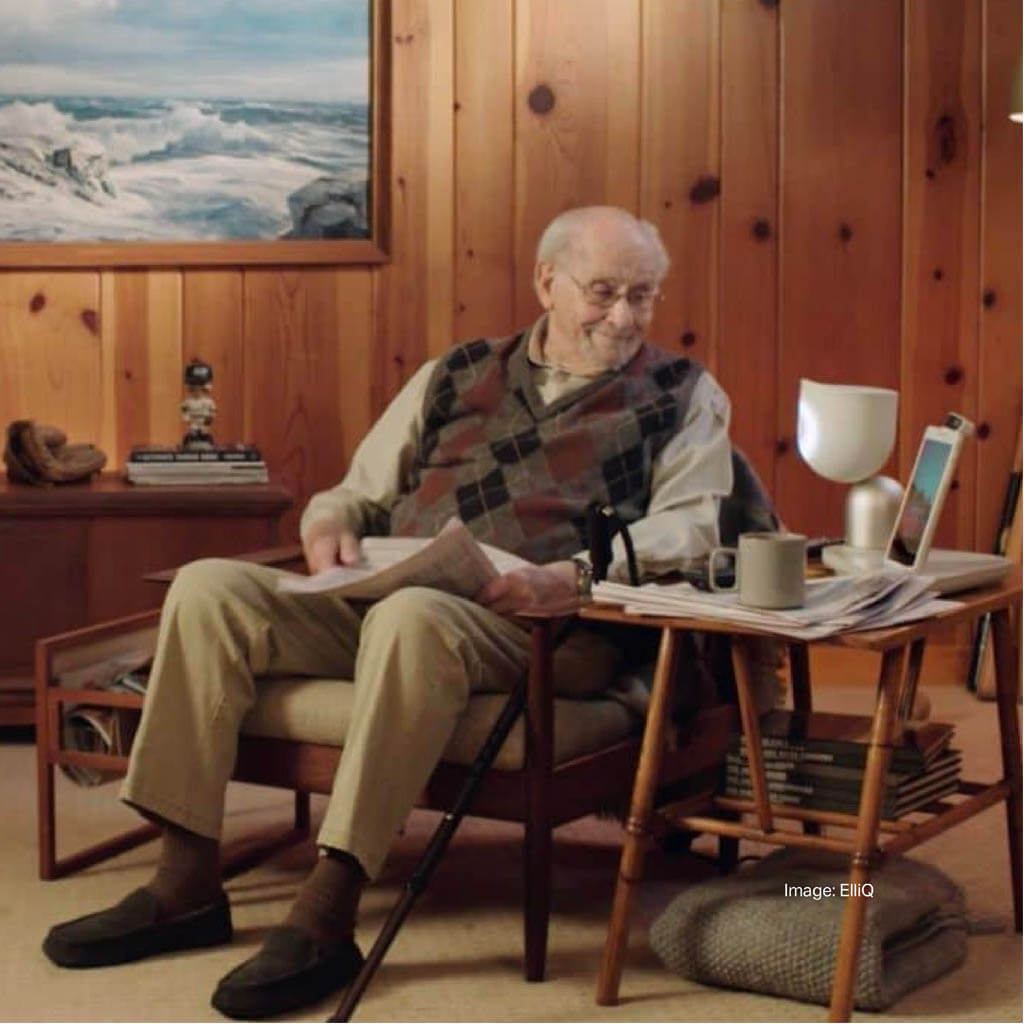
Robotic companion ElliQ is designed to empower independence in later life by providing companionship, comfort and support. ElliQ includes the usual attributes of smart assistants, as well as extra features to support health, fitness and cognition. Unlike other age in place robots, ElliQ’s subtle lamp-like exterior is designed to blend in to home environments.
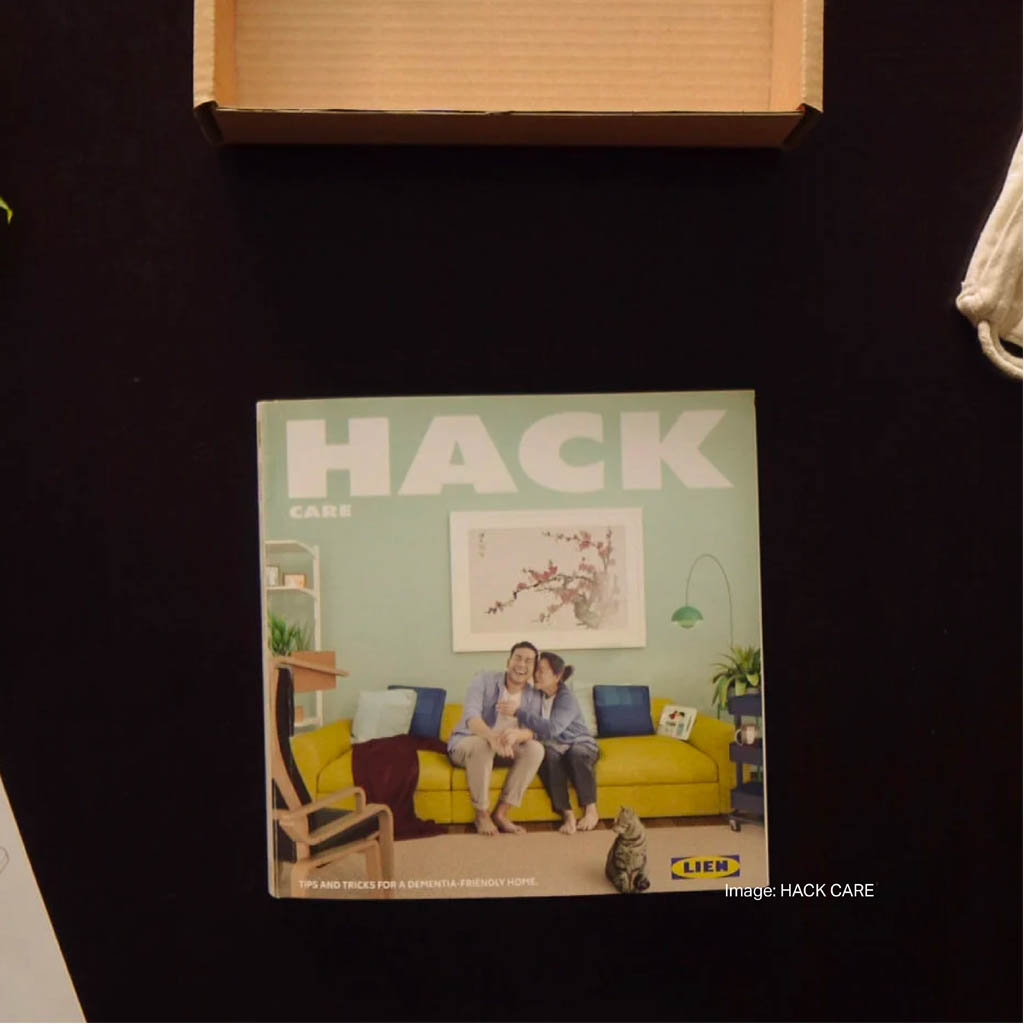
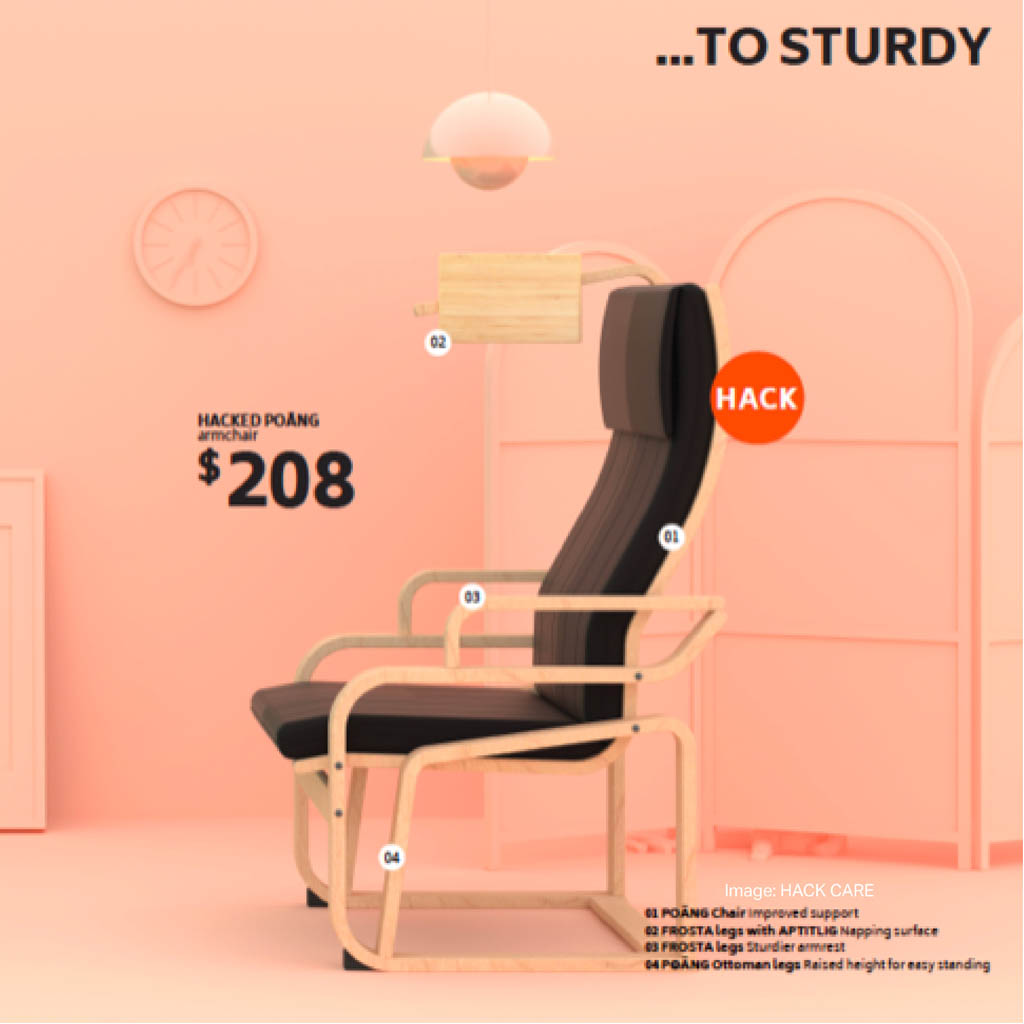
HACK CARE is a catalogue of hacks and adjustments designed to help people create dementia-friendly home environments using existing IKEA products. In response to rising dementia cases globally, this social initiative teaches people how to live with the disease. It provides over 50 suggestions to help meet unique needs and challenges, helping to create accessible and enjoyable home spaces.
Meaning Centred Design helps your business understand how people think about, perceive and understand what you stand for and what you have to offer.
MCD Insights can be mapped and translated into new propositions with the potential to make your brand more distinctive, more engaging and ultimately more valuable.
This assessment is an interactive online tool that will help you quickly assess your current situation. It takes less than 5 minutes to compl